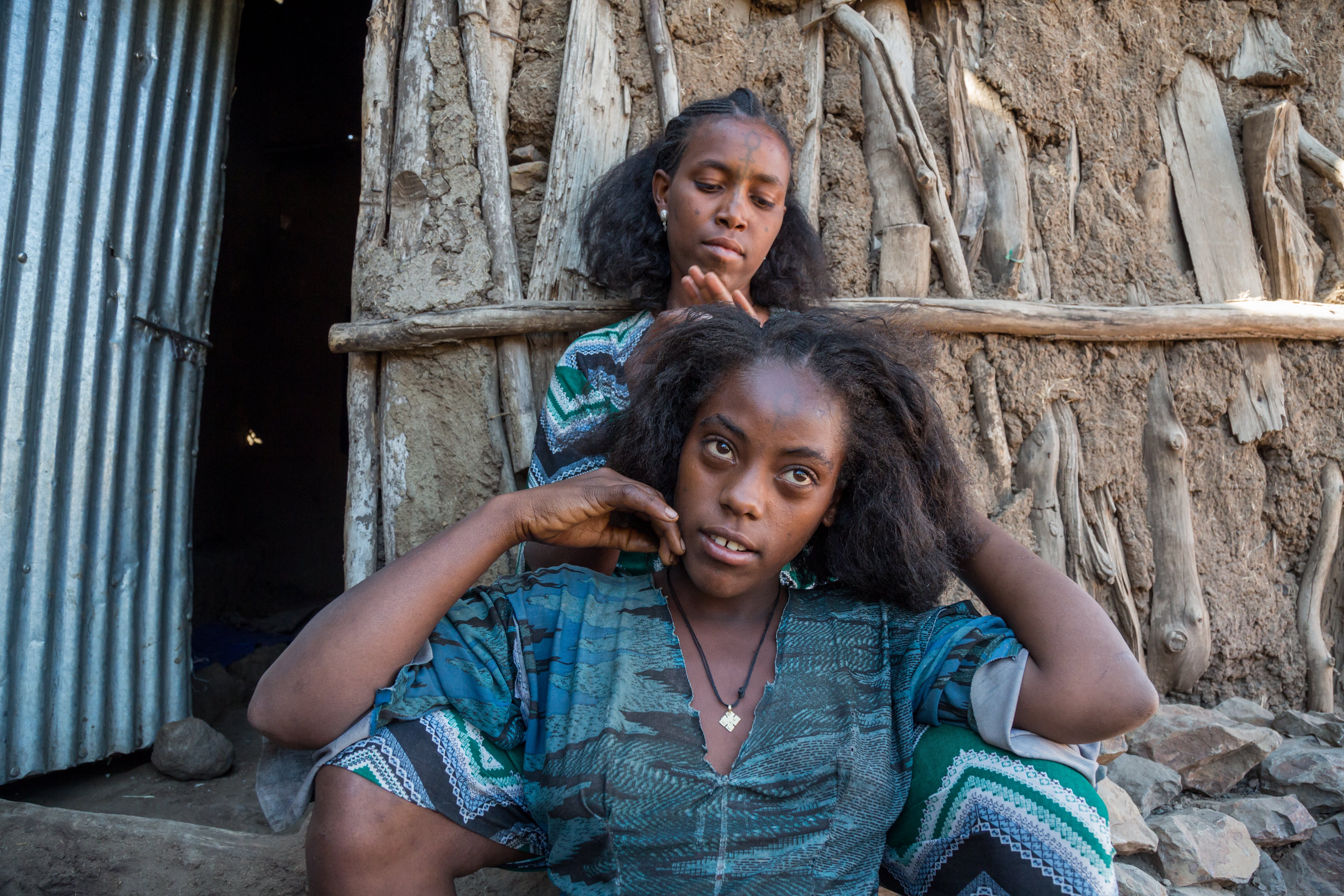Ethiopia has seen one of the most significant declines in sub-Saharan Africa in the proportion of girls married before their 18th birthday over the past decade, falling from approximately 50% in the mid-2000s to 40.3% by 2016. However, the overall number of girls who marry before adulthood remains within the top five countries globally, with an estimated 2 million child brides. In order to build on the momentum achieved to date and in line with Sustainable Development Goal 5.3 on the elimination of child marriage, the government of Ethiopia launched a comprehensive National Roadmap to End Child Marriage and female genital mutilation/cutting (FGM/C) in 2019. There are significant concerns now, however, that with the outbreak of the Covid-19 pandemic and closure of educational institutions during the resulting state of emergency, which is set to last until the end of August 2020, these gains could be undermined. Girls Not Brides (2020:1) has highlighted at a global level that ‘Many of the complex factors that drive child marriage in stable environments are exacerbated in emergency settings, as family and community structures break down during crisis and displacement’ and that progress in reducing child marriage is now under threat as a result of the pandemic.
To explore the short-term effects of the pandemic and resulting policy response on adolescents’ risks of child marriage, this policy brief draws on rapid virtual qualitative research from the Gender and Adolescence: Global Evidence (GAGE) longitudinal research sample in Afar, Amhara and Oromia regions of Ethiopia. A total of 138 adolescent girls and boys aged 13–19 years were interviewed by phone using a semi-structured format in May and June 2020. These were complemented by 31 key informant interviews with officials from the bureaus of health, education and women, children and youth affairs, emergency and food security, and with kebele officials in each locality.

